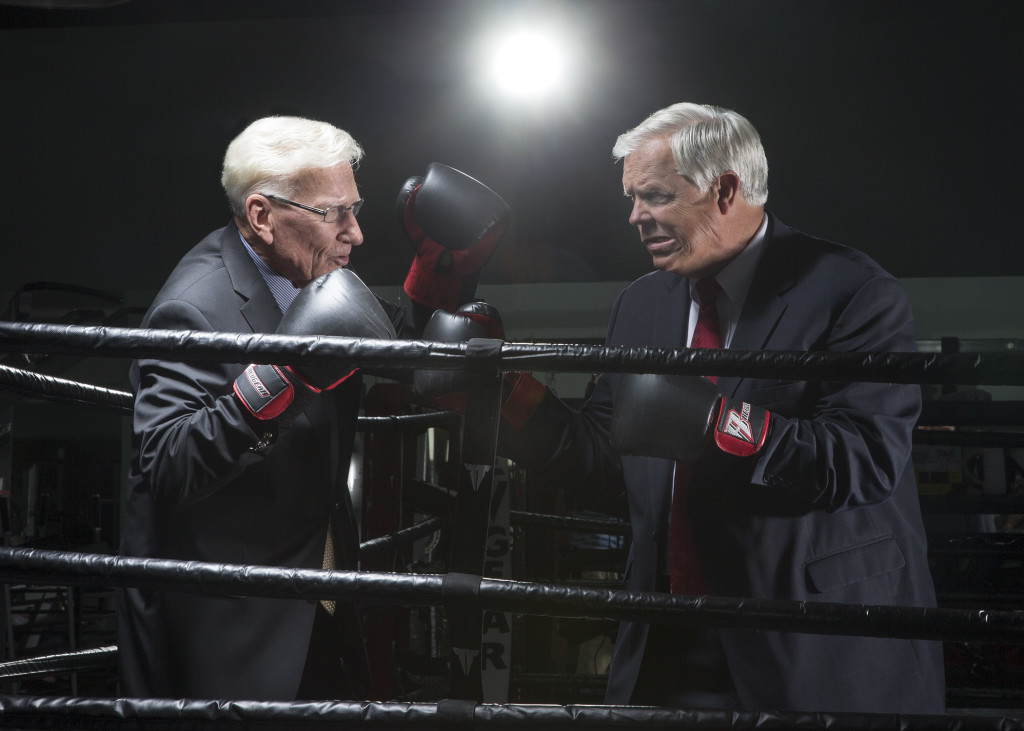Your fighting words are doing more than boosting employees—they’re causing them to be unethical, too.
A Brigham Young University (BYU) business study found that bosses who motivate with violent words or phrases end up influencing their employees to play dirty.
“Business executives use violent language all the time,” said David Wood, BYU professor of accounting and one of two BYU authors on the paper. “They say, ‘We’re going to kill the competition,’ or ‘We’re going to war.’ This study shows they should think twice about what they’re saying.”
In a twist, though, the study also found that when an employee’s own manager used violent rhetoric, the employee was less likely to make unethical choices.
Wood and his colleague conducted two experiments with 269 participants. For the first experiment, half the participants were showed this message:
To this end, I am declaring war on the competition in an effort to increase our market share. I want you to fight for every customer and do whatever it takes to win this battle. To motivate you to fight for this cause, I will be rewarding the top ten sales associates, and a guest, an all-expense paid vacation to Hawaii.
The other half of the participants were shown the same message but with “war,” “fight,” and “battle” replaced by “all-out-effort,” “compete,” and “competition.”
The researchers then asked the participants how likely they were to engage in unethical behavior—specifically, posting fake, negative reviews online about a competitor’s product. They discovered that when the violent rhetoric was from a competing CEO, employees were more likely to post the fake, negative reviews.
“What’s disconcerting is that people don’t think they’re being unethical in these situations,” Wood said. “You can’t just say, ‘OK people, you need to be better now, don’t be bad,’ because they don’t think they’re being bad.”
A second experiment involving email and bending internal sales policies came to the same conclusion as the first experiment.
“There has been a lot of research on the effects of violence and violent media on aggressive behavior,” said Josh Gubler, a BYU political science professor. “This research shows it goes further: It affects your willingness to lie and to cheat and to bend moral rules. There are serious implications for CEOs.”
(Image: BYU/Mark A. Philbrick)

